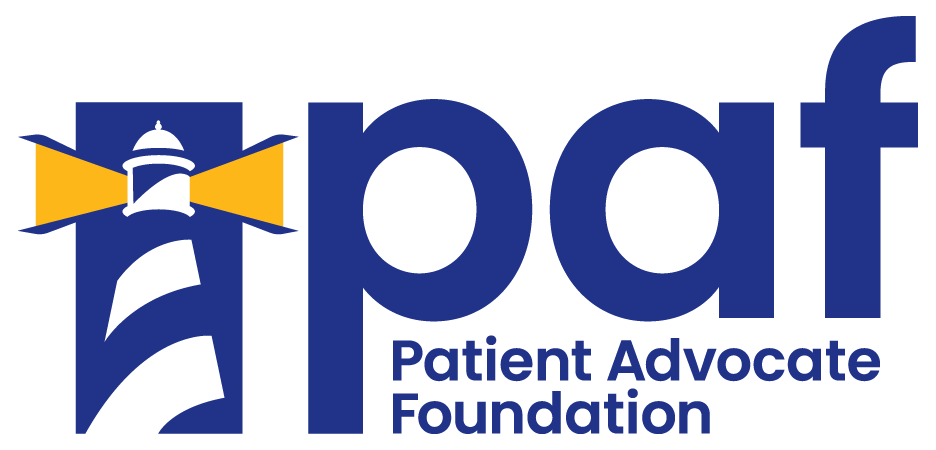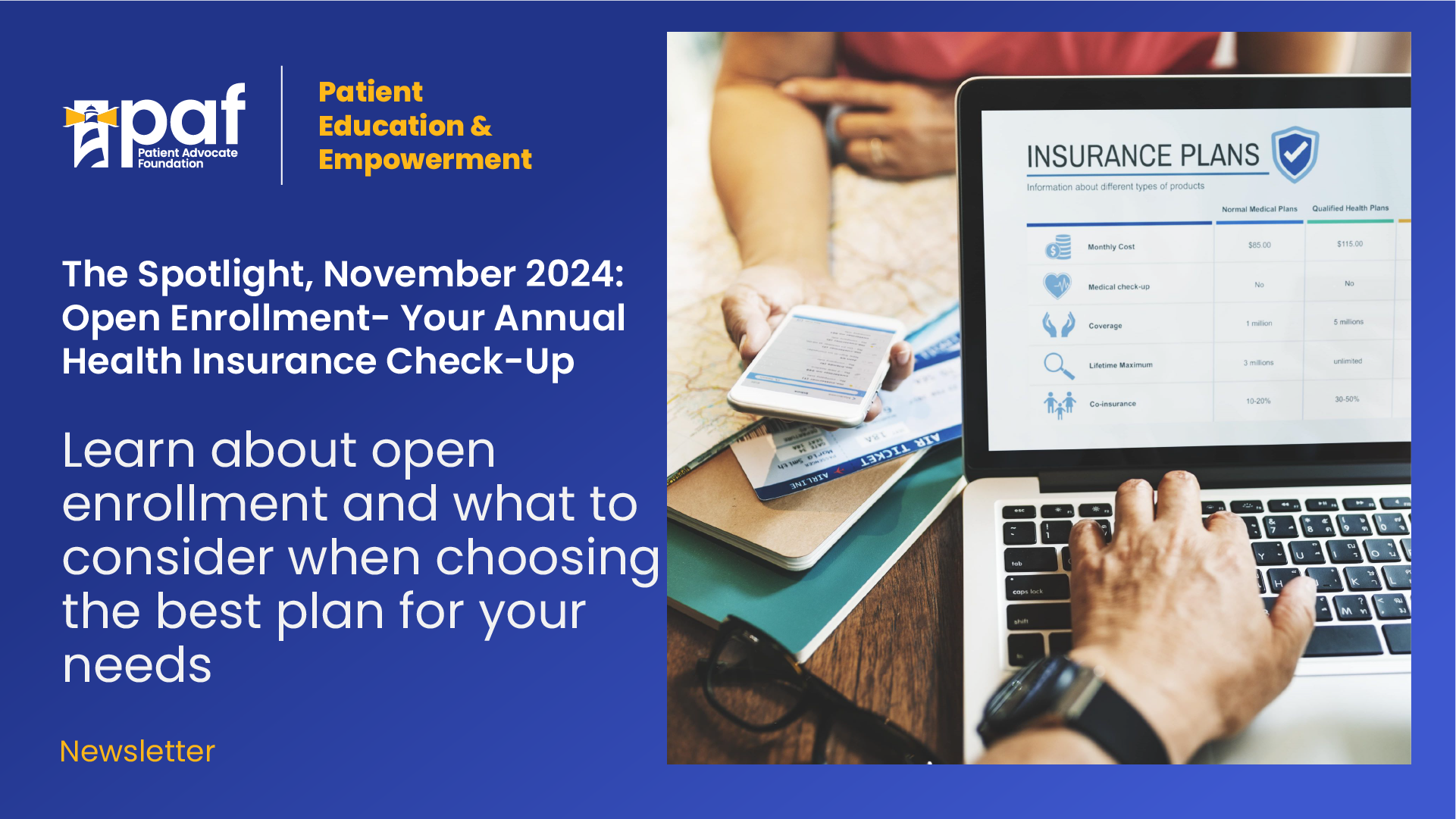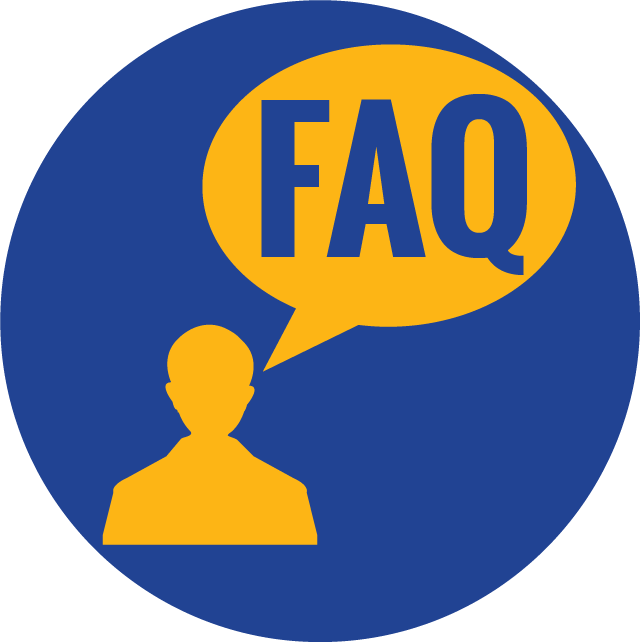COVID-19 FAQs
The Basics
Q: What is the most accurate and up-to-date source for information related to the virus?
A: The Center for Disease Control (CDC)
Q: What do immune-compromised patients need to know about the coronavirus?
A: The best way to prevent illness is to avoid being exposed to this virus, which is important for immune-compromised patients because they are at higher risk for serious illness because their immune systems can be severely weakened by the treatment. The CDC is now recommending that health care facilities and physicians prioritize urgent and emergency visits ad procedures for the coming weeks.
Financial Assistance
Q: I just got laid off of my job and cannot afford my living expenses, where can I go to file for unemployment?
A: The U.S. Department of Labor issued guidance for state unemployment insurance programs to extend benefits to individuals whose employment was impacted by COVID-19. Visit the website https://www.careeronestop.org/LocalHelp/UnemploymentBenefits/find-unemployment-benefits.aspx?newsearch=true to find more information on your state’s eligibility and how to apply for benefits.
For additional resources click here
Q: I am unable to afford my utility bills, what assistance is available?
A: Many utility providers have announced that they are waiving late fees and will not disconnect customers for not paying monthly bills on time. If you have any questions, contact your utility company to communicate your needs, explain your situation and they may be able to help. You can also visit their website for more information. Being proactive and having a plan of action during this time will be the easiest way to reduce stress and anxiety.
For additional resources click here
Q: I am unable to pay my mortgage or rent, what assistance is available?
A: At this time, there are no nationwide resources available to assist with mortgage or rent payments. Reach out to your mortgage company to inquire about forbearance or deferment programs available. If you currently rent, reach out to your landlord to see what assistance is available as some localities have announced no eviction notices will be served temporarily.
For additional resources click here
Q: I cannot make my credit card or loan payments, where can I get help?
A: If you have seen a reduction in pay due to COVID-19 and are struggling to make your credit card or loan payments, contact your lender right away. Financial institutions have been encouraged to work with customers impacted by the coronavirus.
Q: I do not have any food or money to purchase food, how can I feed my family?
A: You may be eligible to apply for SNAP (food stamps) at your local Department of Human Services. Visit the SNAP Eligibility page https://www.fns.usda.gov/snap/recipient/eligibility to learn more about eligibility requirements. As part of the application, in-person interviews are normally required but most states have waived this requirement and are conducting telephone interviews.
If you are not eligible for SNAP, contact your local 211 or locate a local food bank or pantry by visiting Feeding America or FoodPantries.org
For additional resources click here
Assistance with Accessing Healthcare
Q: If I do not have health insurance and need treatment, what should I do or where can I go?
A: If you do not have health insurance, you may be eligible for benefits through your state Marketplace plan.
If you are experiencing symptoms of COVID-19 (cough, fever, shortness of breath, etc) and are concerned that you cannot afford to seek treatment or a test, contact your medical provider or go to the nearest urgent care facility to seek guidance. Free testing for COVID-19 is available in many places.
Medications
Q: How can I make sure that I have enough medication or that I can get my refills?
A: Even with health plans agreeing to waive or relax their refill policies, you may run into some issues. If you do, try the following tips:
- Get a 90-day supply: Ask your pharmacist if they can fill a 90-day supply instead of a 30-day supply.
- Talk to your health plan: Call your health insurance company directly and ask them to allow you to get a refill before the refill date.
- Quantity limit exceptions: If your health plan limits the amount of medication you can get, ask your provider to help you apply for a quantity limit exception.
Q: How can I get my medication if I cannot leave the house?
A: While you are quarantined, or you are self-isolating, you may not be unable to leave to pick up your prescriptions. You may be able to get your medication delivered directly to you. Here are some suggestions:
- Reach out to big chain drug stores: Many local drug companies such as CVS, Walgreens, etc. are currently offering free home delivery of prescription drugs.
- Call your local, independent pharmacy: Many smaller local pharmacies typically deliver medications for free.
- Try a mail-order service: Now may be a good time to look into your options for mail-order pharmacy. They typically offer great discounts and offer free shipping. You can contact your insurance company to inquire about their mail-order coverage and how long you will have to wait to receive a refill.
For additional resources click here
Q: What if I need a new prescription, what can I do?
A: You may not want to visit a medical office or urgent care right now unless it is an emergency medical need. If you need a new prescription, consider using a telemedicine service. If you are insured, there may be an option through your health insurer. If you are not insured, there are different options available such as HeyDoctor, GoodRx’s telemedicine service. HeyDoctor visits cost $20 whether or not you have insurance.

COVID Care and COVID Care Recovery Fund provide personalized help for those who need direct assistance.
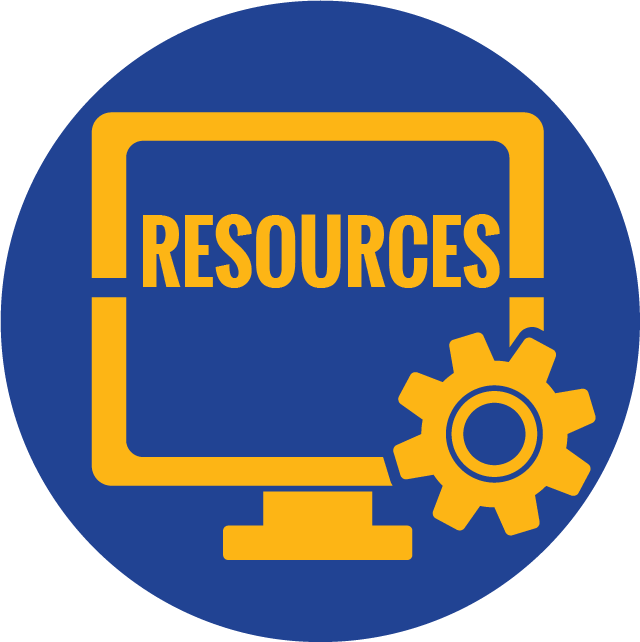
Has the COVID-19 pandemic affected you or your family? There are many resources available to ease the financial strain you may be experiencing.
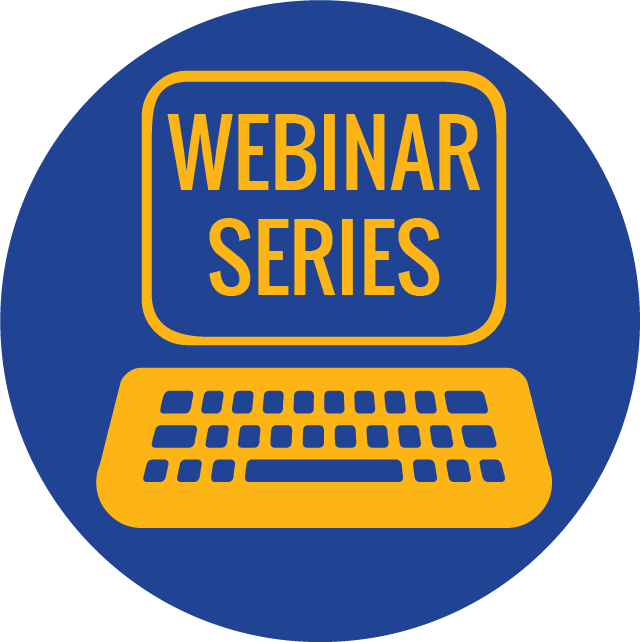
Our webinars are updated so you can stay abreast on current COVID-19 pandemic developments.

Patient Advocate Foundation (PAF) is focused on the health and safety of our staff and maintaining the availability of our program services so that we can continue to be a resource for patients, their families and care teams.
